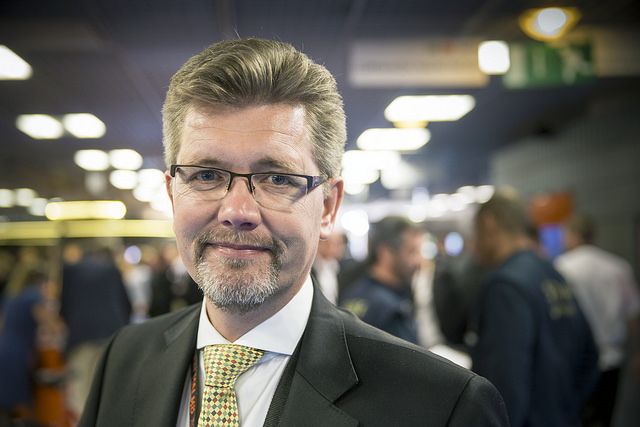Frank Jensen, the lord mayor of Copenhagen, has said that City Hall will not be making the payment that municipalities are expected to pay into the state budget.
The government has asked for a 2.4 billion kroner payment, which adds up to 1 percent of the total budget of the municipalities. Copenhagen’s share would be 247 million kroner.
“The government’s reprioritisation contribution is an indication that they are taking money out of the municipalities,” Jensen told Politiken. “It is a kind of theft.”
Jensen has the support of the entire Copenhagen municipal council in his stand against the government.
“I encourage mayors around the country to do the same and say: ‘We’ll handle the municipal economies, you mange the state,’” he said.
A lack of solidarity
The government introduced its plan last year, asking local authorities to pay 1 percent of their collected taxes and fees into the state coffers.
Venstre’s financial spokesperson, Jacob Jensen, said that Copenhagen’s mayor was showing a lack of solidarity.
“It’s pretty startling that the capital’s mayor will not stand with other mayors around the country,” he said.
“If the City of Copenhagen will not take its share of the responsibility, that puts more responsibility on other municipalities.”















